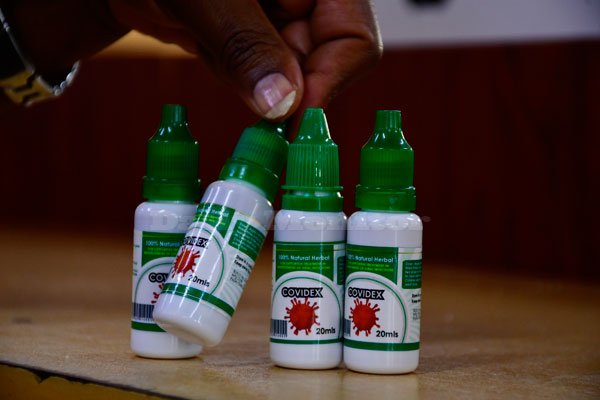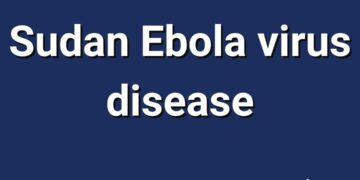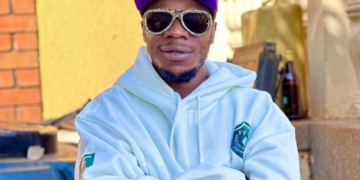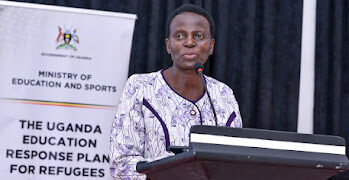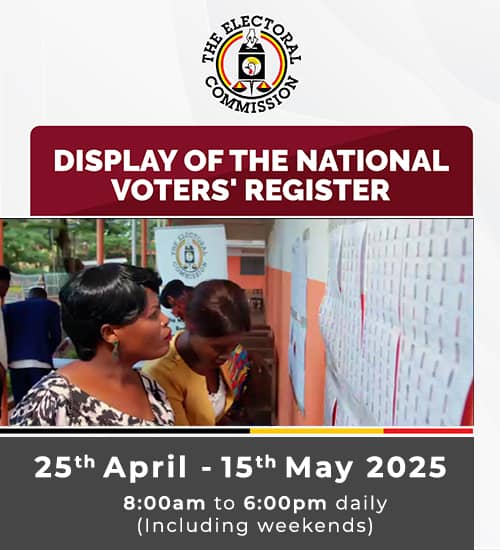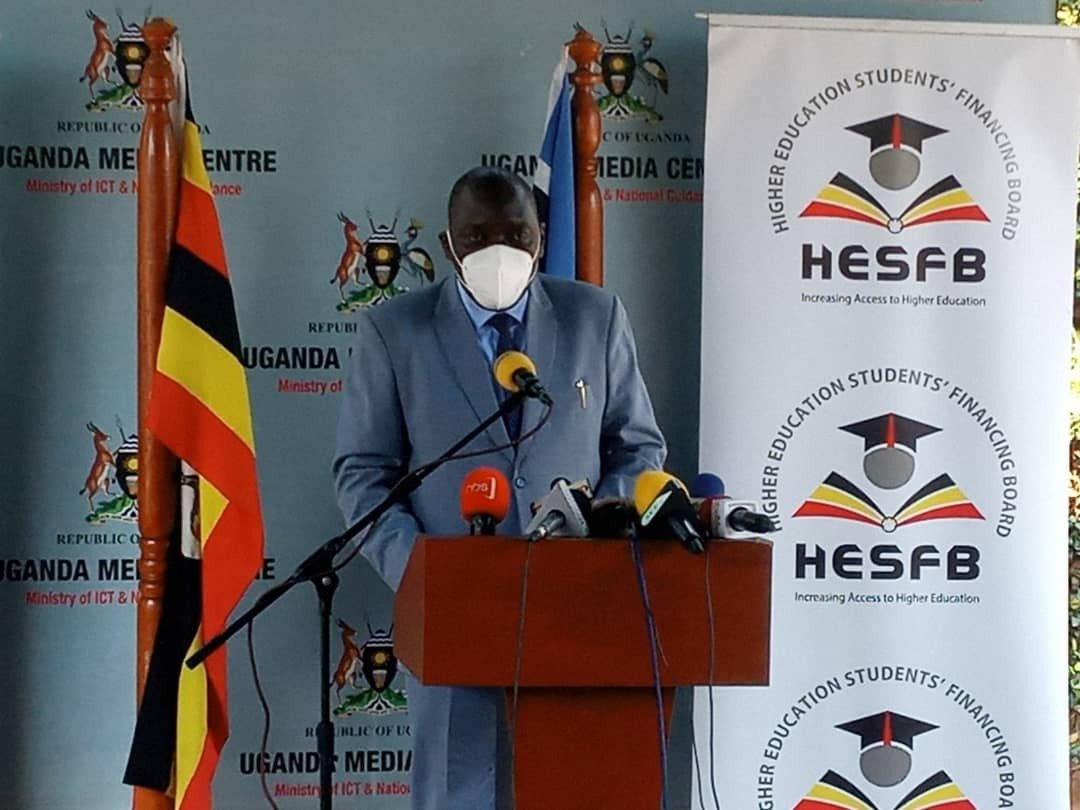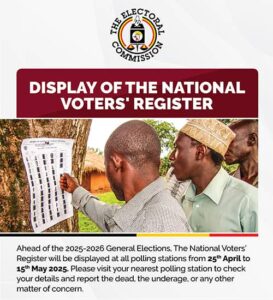By Tusiime Apollo
On global scale, there have been frantic attempts to avert the dangers of COVID-19 ever since the global pandemic broke out in Wuhan, China at the end of the year 2020. Being a highly infectious disease that can cause life threatening symptoms, the whole world has been at it’s toes to save it’s 7.9BN population from decimation under the weight of coronavirus. After a year and a half, economies of governments are in tatters with the death toll surpassing 4million and still counting.
In response, governments have imposed lockdowns and ramped up efforts to vaccinate citizens especially for those who have been lucky to access COVID-19 vaccines. Despite all the efforts by governments in both developed and developing countries, there is currently no known cure for COVID-19 save for some treatments through use of antivirals such as Veklury (remdesivir) and dexamethasone that are available to help manage it.
Lately, all the efforts have been turned to vaccination as a more trusted remedy. But whereas experts think that the world’s high vaccination rate will largely protect people from severe illness and death, health experts also caution that the vaccines aren’t 100% effective. Therefore, a vaccine is not a silver bullet. Even if one (or more) is proven safe and effective, vaccines are notoriously difficult to make and distribute. It is now evident that unless vaccine supplies are shared more equitably (which has also proved not to be possible) it will take years for the world’s poorest countries to achieve a vaccination rate of 60 percent to ensure “safety” of their population.
This means that people will continue to contract the virus because some won’t get vaccinated and because the vaccine may not be effective for everyone (for various reason ranging from access to the evolving nature of the virus leading to new and more dangerous variants), there is urgent need for a more and comprehensive solution to the pandemic that is beyond lockdowns, the available drugs and the vaccines. For developing countries, the urgency is more intense.
This is where local African innovations come in handy. And Cheers! The continent has made tremendous strides in this line. The discovery of COVIDEX and later COVILYCE-1, has proved to all and sundry that there is potential to develop a home-made solution to COVID-19. Luckily, the “raw products” are so abundant and all that is required is government support for our innovators to go into mass production. Why then should we continue to “donate” trillions to IMF and other international credit facilities for loans yet we can eradicate the problem completely?
Again, can anyone disregard the impact of Madagascar’s home-made herbal tonic COVID-ORGANICS when it has been reporting just 17 new infections on average each day for months with the highest daily average reported on April 21? Who knows if the local remedy has since been silently administered and an unsung hero behind the country’s good record in managing COVID-19 infections? Statistics indicate that there have been 42,606 infections and 941 coronavirus-related deaths reported in Madagascar since the pandemic began! Tanzania (which initially resorted to local remedies and could be still relying on them) is not reporting mass deaths too. Remember Magufuli had promised to import the Madagascar ‘wonder drug?”
More realistically, we will need to manage COVID-19, and possibly other novel viruses, for years to come. A vital tool, therefore, will be effective but locally developed treatments. We must prioritize their development now. If we do, we will be rewarded with resilient health systems, a stronger economy and longer lives. Soon, there will be no need for irritating lockdowns, COVID-19 certificates and lining up for painful jabs or the associated side effects.
If such effective treatment could be found, the urgent need to vaccinate millions of people would diminish. The balance between public health and fully reopening the economy would be easier to achieve and this will be a spotlight for the continent whose capabilities has been undermined. Can’t Africa and her people stop looking further for the solution to the COVID-19 pandemic?
The author is a Journalist.
